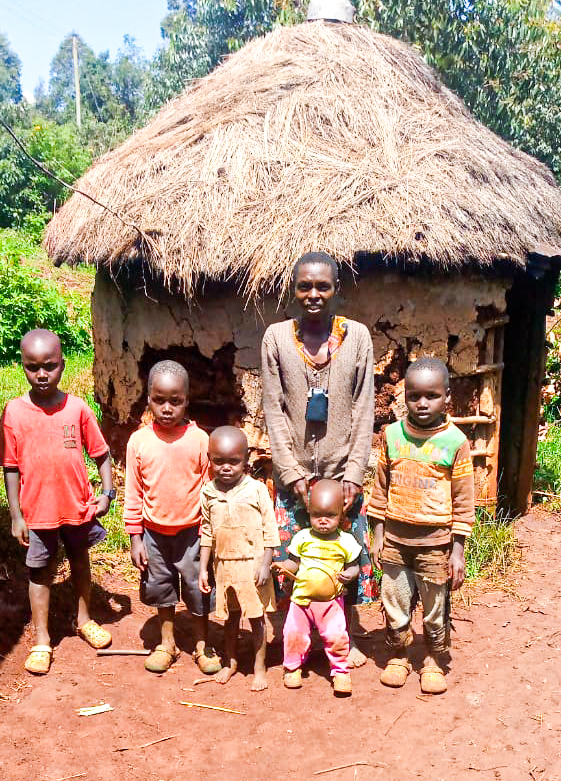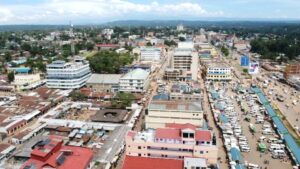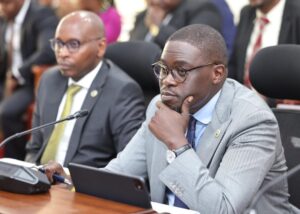Jumuiya Women Fund Launches Food, Livelihood, and Nutrition Project Targeting 300 Women

Jumuiya Women Fund has officially launched the Food, Livelihood, and Nutrition (FLN) project targeting 300 women.
According to Winny Jeptoo, the Board Chairperson the Fund supports women and girls thrive, addresses gender inequality, promotes the empowerment of women and girls, and responds to emergency situations that disproportionately affect women, girls, and children.
“We are gathered here today to deliberate on these important issues and launch the food, livelihoods, and nutrition project as a direct humanitarian response by Jumuiya Women Fund in contributing to addressing this unprecedented situation in 6 target counties in Kenya – where we are funding 14 women-led self-help groups and community-based organizations, working on various themes – from gender equality to sexual and reproductive health and rights, to economic rights and empowerment, among others,” she said.
She says the FLN project is a short-term emergency intervention designed to support 300 impoverished households headed by women drawn from the areas where 14 JWF implementing partners are operating, the most-vulnerable families which have been facing famine for the last two years of failed harvests due to short rainfalls and persistent droughts.
“We have 20 beneficiaries who are representing 300 vulnerable women-led households which have been carefully identified and selected to receive cash transfers over the next 6 months, participate in a pilot livelihoods intervention to foster adoption of climate-smart agricultural techniques and practices, and receive fast-growing climate-resilient hybrid seeds to strengthen food security for the long term,” she said.
She said the intervention is just but a drop in the ocean since the challenge before them is still broadly unprecedented, and more efforts both locally and globally, are needed to mobilize financial, human, and material resources to tackle the situation.
“I call upon our distinguished stakeholders gathered here today to continue rallying up support for a comprehensive response, not only of cushioning the immediate food insecurity, but also to put in more investments to implement long-term measures for sustainable livelihoods, and climate change mitigation and adaptation,” she added.
“I especially recognize and appreciate Equality Fund Canada, and by extension, the Government of Canada, which has provided the financial resources required to implement this emergency phase.I also recognize Safaricom which has provided the technology needed to implement the cash transfer, so that the 300 recipients promptly receive their monthly transfers in a timely manner. I also extend special gratitude to Mr. Peter Murgor of the Red Cross for the capacity enhancement of our team on the handling of cash and voucher transfer,” she added.




